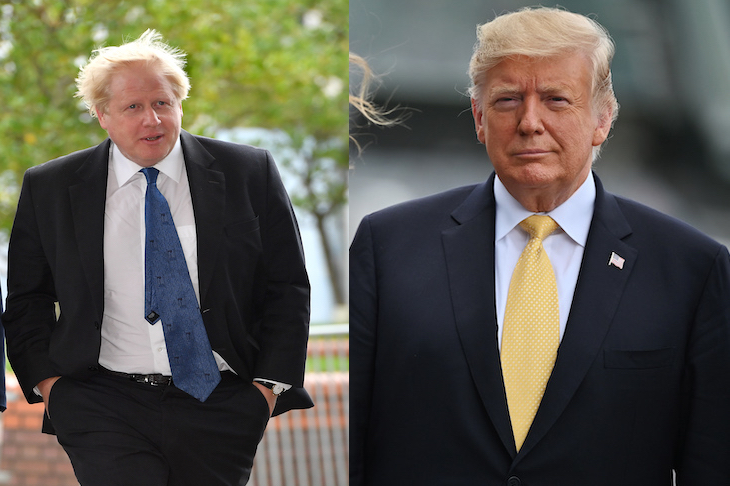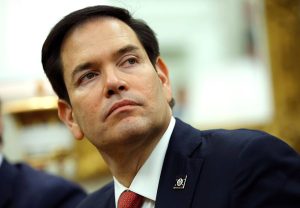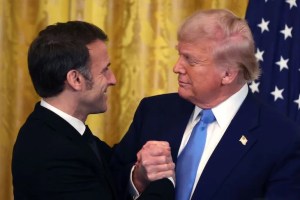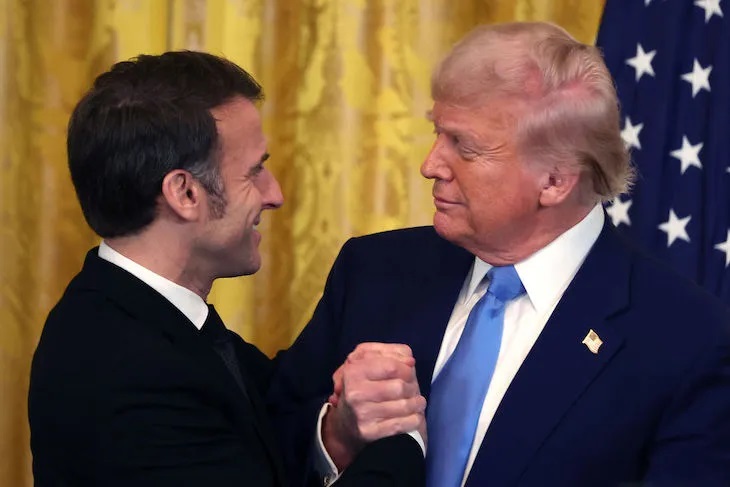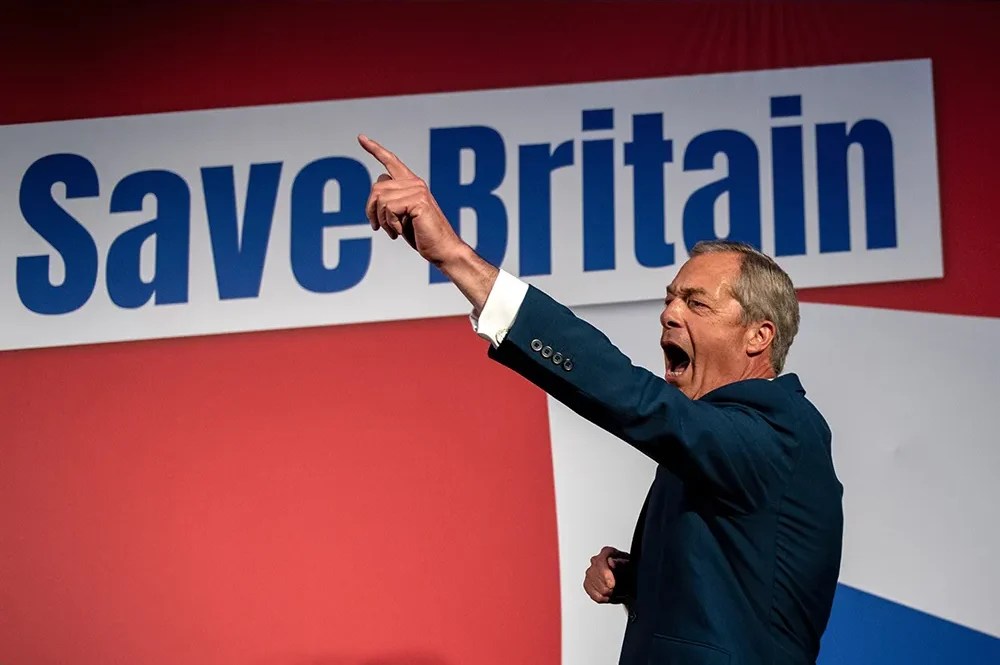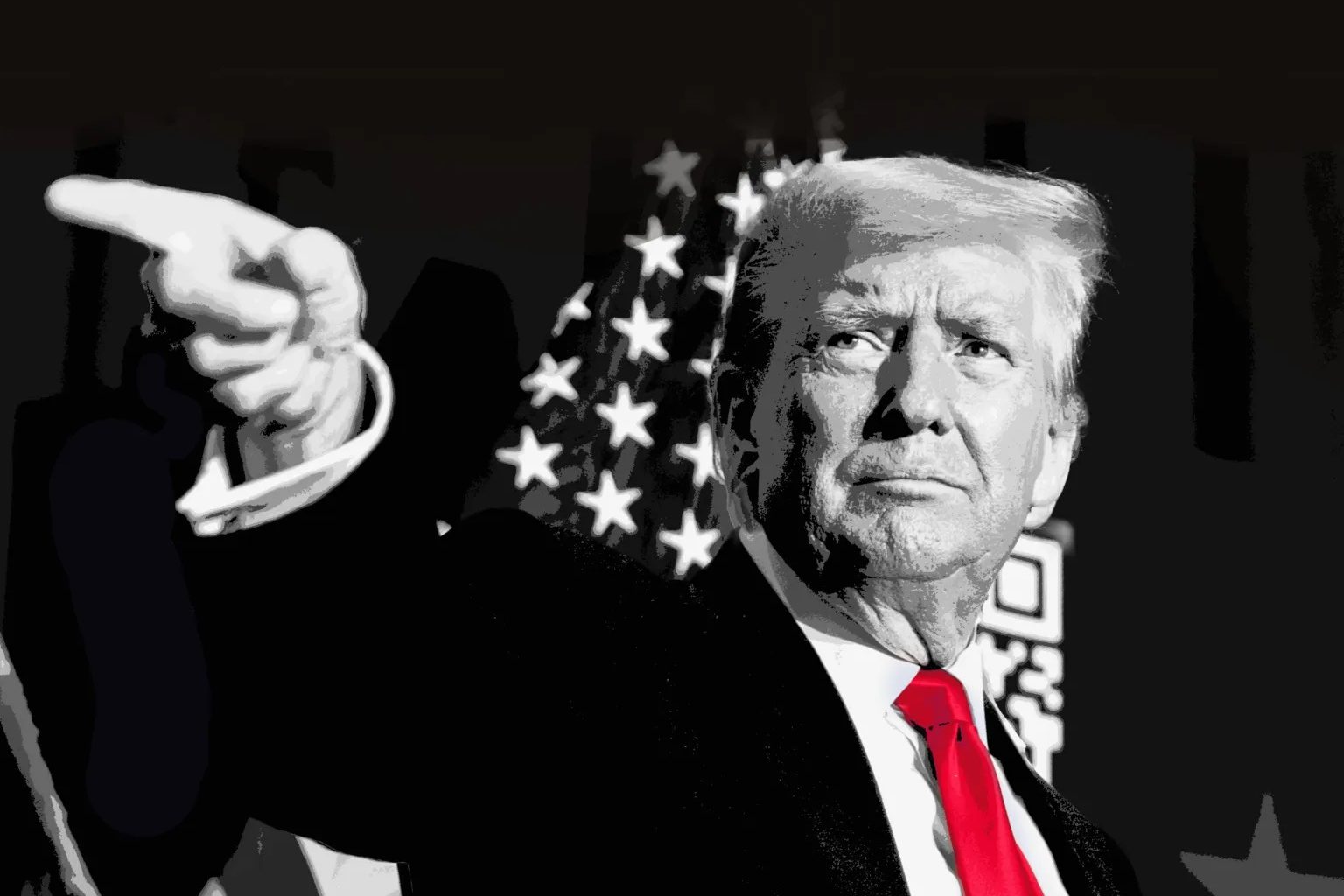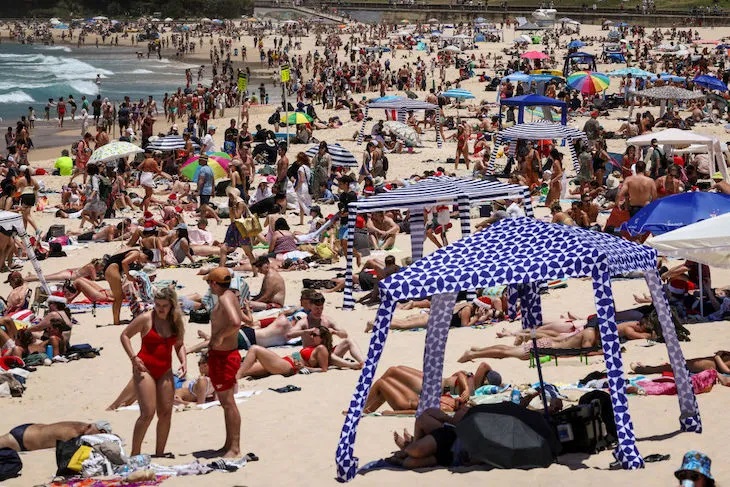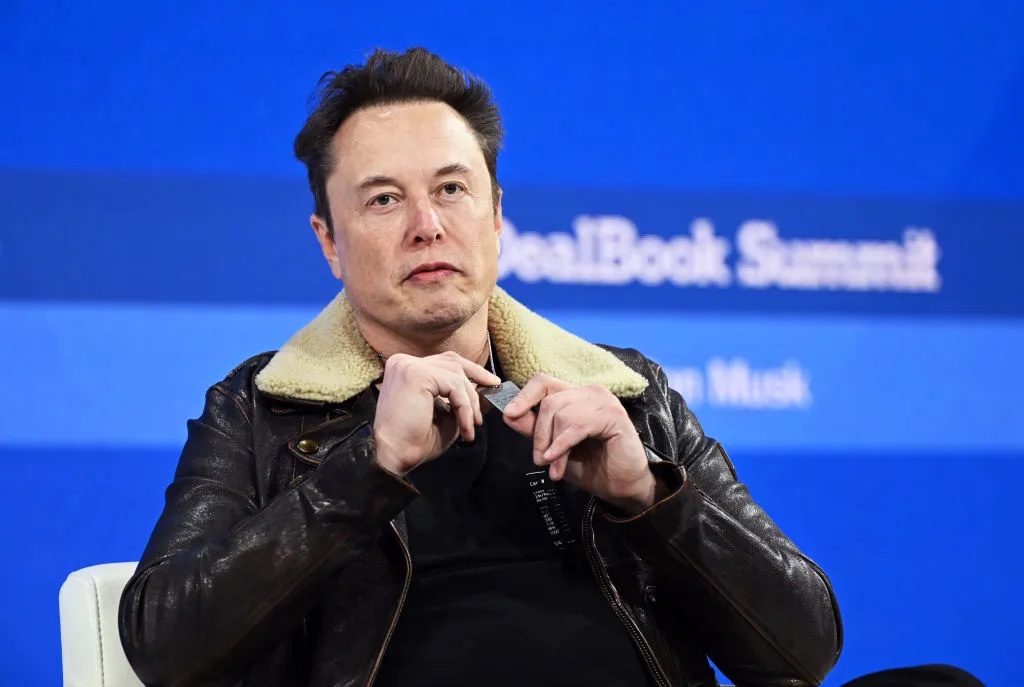The former British chancellor of the exchequer – or finance minister – Nigel Lawson once described the National Health Service (NHS) as the closest thing the British have to a religion. For some, however, is a worse than that – less mainstream religion than messianic cult. Yesterday, Donald Trump reassured British radio listeners that in seeking to do a trade deal with Britain it is not attempting to interfere in the NHS.
Not that it made any difference. Activists for Jeremy Corbyn’s Labour party, which will face Boris Johnson’s Conservatives in a general election on December 12, continued to make the accusation that there is some secret plot to break up the NHS and sell it off to US healthcare corporations. The Conservatives have denied ad nauseum that they have any plans to sell part of the NHS to anyone – indeed, the party has announced more state funding for hospitals and recently ended the Private Finance Initiative by which new hospitals had been built by private contractors and leased to the NHS. The only piece of evidence their opponents can produce for the supposed plan to sell off the NHS is an investigation by the TV station Channel 4, alleging that UK and US trade negotiators have had several meetings at which the pricing of medicine has been discussed.
There might seem to be an obvious shortcoming here – discussing such things as the medicine prices and patents isn’t quite the same as wanting to flog off hospitals, clinics and surgeries. But that won’t stop the Labour party continually trying to make the accusation that the NHS is for sale – indeed, one party figure said today that he hoped the entire campaign would revolve around this one issue. If we are going to have an entire campaign revolving around something which neither party has any plans to do, it isn’t going to be a very informative campaign.
The allegations about Trump trying to buy the NHS expose a glaring inconsistency towards free trade among many in Britain who continue to campaign for the country to remain in the EU. Participation in the EU’s single market and customs union, they assert, is essential for the health of the UK economy, and any attempt to interfere in it will cause severe economic damage. Yet when it comes to the prospect of free trade with the US, those same people tend to raise their hands at horror at the prospect. Besides the fantasy sale of the NHS, they allege, it will mean British consumers being forced to eat chicken which has been washed in chlorine – a practice which is currently allowed in the US but banned in the EU. The UK government has already said that it won’t relax food safety standards and won’t permit chlorine-washed chicken (washing chicken in chlorinated water to kill off dangerous pathogens will be seen by many as a rigorous standard, but never mind), but still it doesn’t deter its critics, who continue to depict a post-Brexit Britain whose NHS has been flogged off and shops are flooded with foul American food.
It is all getting a bit silly. If free trade is essential between Britain and the EU surely it is a good thing between Britain the US, too. What the fuss does do is expose deep-set anti-American attitudes which lurk among some in British politics – especially on the part of a group of people who claim to be advocating an internationalist outlook and who accuse Brexiteers of being xenophobic.



